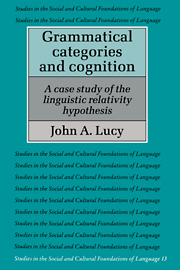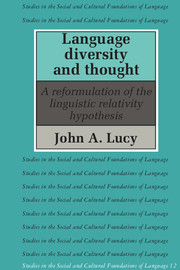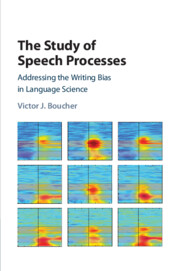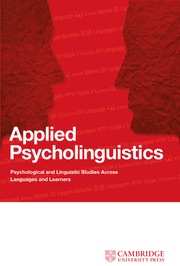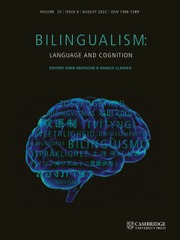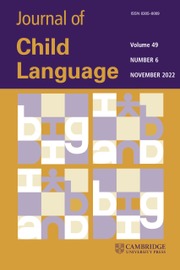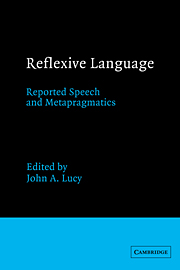Grammatical Categories and Cognition
Grammatical Categories and Cognition uses original, empirical data to examine the Sapir-Whorf linguistic relativity hypothesis: the proposal that the grammar of the particular language we speak affects the way we think about reality. The author compares the grammar of American English with that of Yucatec Maya, an indigenous language spoken in south-eastern Mexico, focusing on differences in the number marking patterns of the two languages. He then identifies distinctive patterns of thought relating to these differences by means of a systematic assessment of memory and classification preferences among speakers of both languages. The study illustrates the distinct approach to empirical research on the linguistic relativity hypothesis which Lucy develops in a companion volume Language Diversity and Thought.
- Illustrates the new approach to empirical research on the linguistic reltivy hypothesis
- Highly acclaimed study, now available in paperback for the first time
- Well known and highly resoected author
Reviews & endorsements
'… the importance of [Lucy's] work lies primarily ... in his re-opening discussion and inquiry on the linguistic relativity hypothesis. Although others in the past few decades have also called attention to the linguistic relatively hypothesis, for various reasons attention to it has been of marginal concern … Lucy's work will surely open the conversation. Its reopening is long overdue.' Times Higher Education Supplement
Product details
April 2011Adobe eBook Reader
9780511877056
0 pages
0kg
45 tables
This ISBN is for an eBook version which is distributed on our behalf by a third party.
Table of Contents
- List of figures
- List of tables
- Acknowledgments
- Introduction
- 1. Background of the comparative research in Yucatan, Mexico
- 2. Comparison of grammatical categories: nominal number in English and Yucatec
- 3. Cognitive assessment
- 4. Conclusions
- Appendices
- Notes
- References
- Index.

